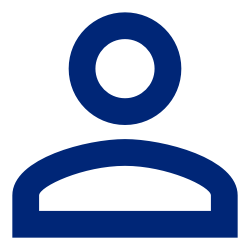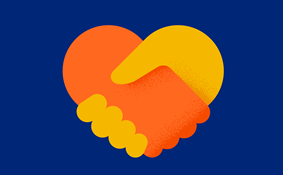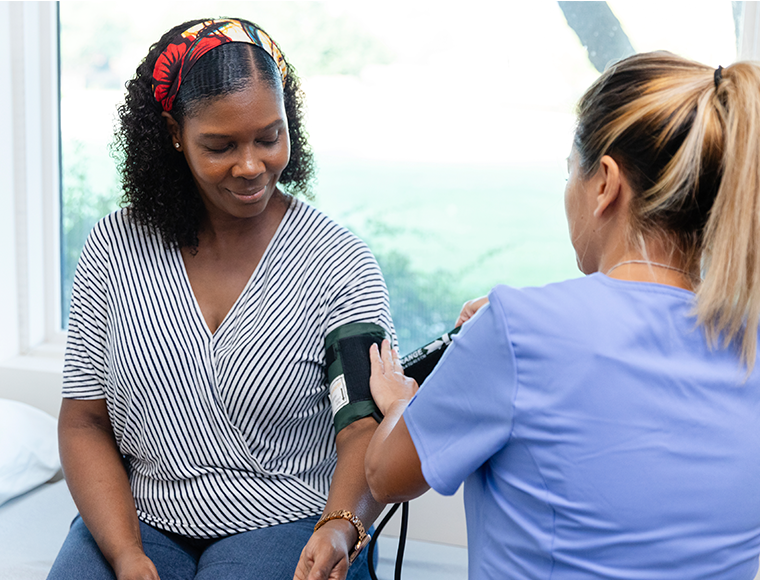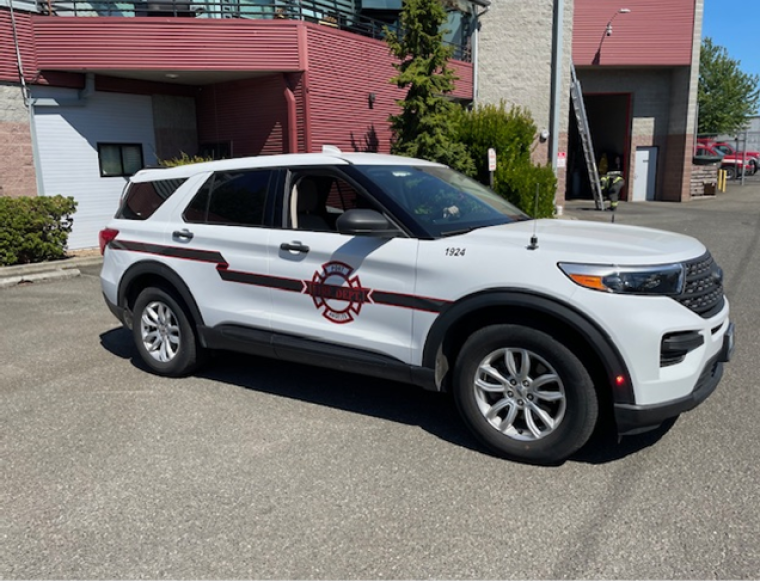Stephen Burroughs is the Director of Health Services and Rachel Horwitz is the Director of Operations and Special Projects at UnitedHealthcare.
Individuals in the LGBTQ+ (Lesbian, Gay, Bisexual, Transgender, Queer/Questioning) community are diverse. They include every race ethnicity, religion, ability, age and socioeconomic group. These individuals have the same health concerns and desires as other populations, yet they often face stigma, insensitivity and lack of awareness that can cause disparities in health access and care.
During Pride Month, we are highlighting the work of the Diversity, Equity & Inclusion (DE&I) Council at UnitedHealthcare Community Plan of Arizona. They are working to address issues related to health equity including initiatives that support the LGBTQ+ community and other individuals who may be facing health disparity.
Why health equity and equality for LGBTQ+ individuals is so important in arizona
As one of the largest managed care organizations in the state, UnitedHealthcare Community Plan of Arizona can make a substantial difference in improving health equity by demonstrating opportunities to provide equitable care. As we share our learnings, we hope the insight gleaned will translate across other areas within UnitedHealthcare.
In November 2021, more than 2.3 million Arizonans were covered by Medicaid/CHIP. These individuals are part of a diverse state population that speaks multiple languages, has unique cultures and varied demographics. For example:
- Arizona is home to more than 20 Native American tribes1,2
- 15.1% of people in Arizona live below the poverty line3
- 27.2% of Arizonans speak a non-English language3
- 20.3% of the overall Arizona population are Spanish speakers. Navajo (1.32%) and Chinese (0.488%) are the second and third most commonly spoken non-English languages, respectively.4
About 1.2 million LGBTQ+ adults in the United States are enrolled in Medicaid as their primary source of health insurance.4 LGBTQ+ patients can face refusals to care or delayed care due to inequitable policies and practices. These disparities can be even greater for LGBTQ+ individuals from racial and ethnic minorities and can be impacted by social determinants of health such as education level, income, or geographic location.
Creating empathy and understanding to provide personalized care
Workgroups within the DE&I Council in Arizona have focused on educating employees about the health needs and barriers that may be prevalent for various groups of people including LGBTQ+. We have done this through multiple projects, monthly activities and presentations.
For instance, we worked through an exercise in which a member or colleague was transitioning or questioning their gender. Participants were able to learn more about the process and discussed ways to make the member or colleague feel comfortable, such as using considerate, compassionate language and preferred pronouns when addressing or referring to the individual.
The group has updated materials and guides to ensure that educational information is more inclusive and representative around all sexual and gender identities and minorities. Sexual and gender minorities can include individuals who identify as lesbian, gay, bisexual, asexual, transgender, queer, intersex or Two-Spirit. This population also includes people with same-sex or gender attractions or behaviors and those with a difference in sex development. Also included are people who do not identify with one of these terms but with other non-binary constructs of sexual orientation, gender identity or expression, and/or reproductive development.
Here are some of the things the DE&I Council has been working on and plans to focus on in the near future:
- Materials and resource guides to share in the community that are more inclusive and diverse
- Education and information for use of and request for preferred pronouns
- Culturally competent hiring practices and guides
- Systems and forms with additional pronouns and gender choices
- Interviewing, hiring sensitivity and allyship guides
Creating a mindset htat ripples out
By educating health plan employees and working together to better understand the health barriers that our members in Arizona face, the DE&I Council is creating a mindset of inclusivity that ripples out to members, partners and more.
As our staff learns, they become more empathetic and understanding, allowing the health plan to provide high-quality service to individuals with different backgrounds and experiences. The organization also serves as an example for other partners on how to provide caring, culturally competent service.
We hear from care managers and case managers who work and interact with members every day. The DE&I Council is helping them learn about health equity issues and the needs of specific members. This translates directly to their interactions with members. Being asked the right questions and feeling seen, understood and accepted can make a big difference in how members experience health care.
The DE&I Council creates and supports a workforce of people with diverse backgrounds, experiences and understanding. This helps us all understand members more completely and provide service that is responsive to their individual needs and values. This is how we can provide the most innovative and person-centered programs for those we are serving.












